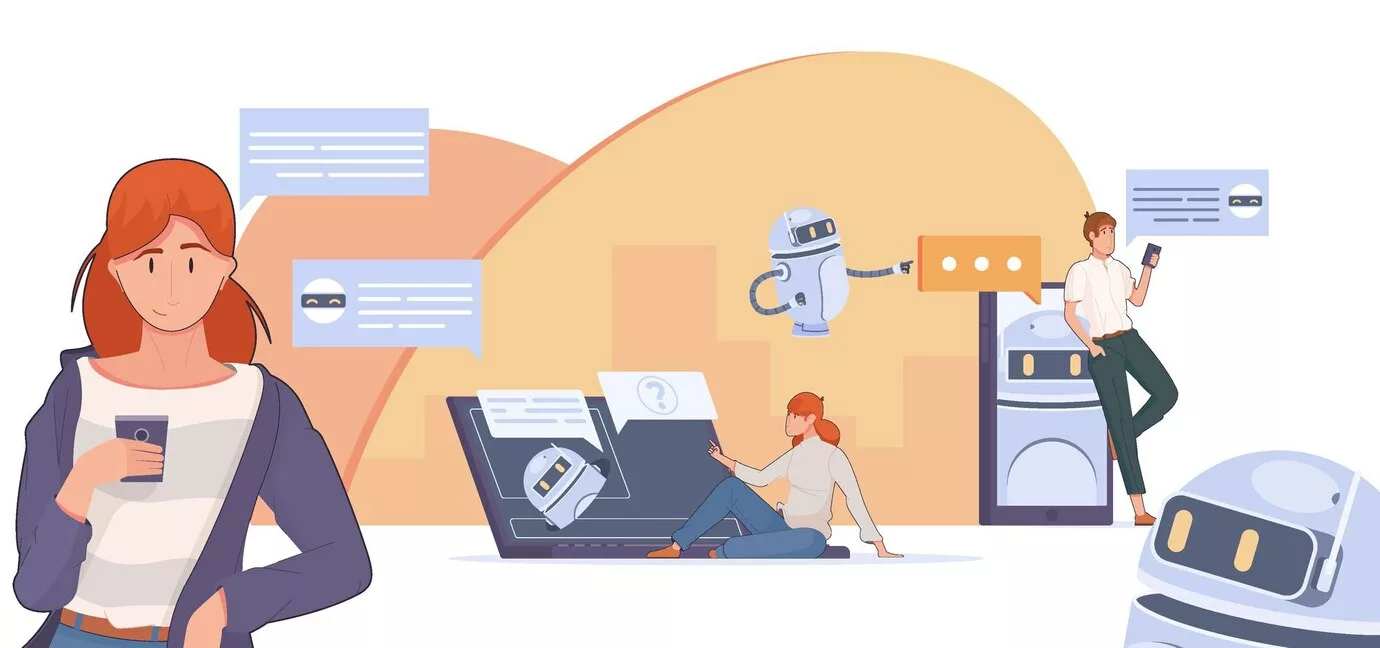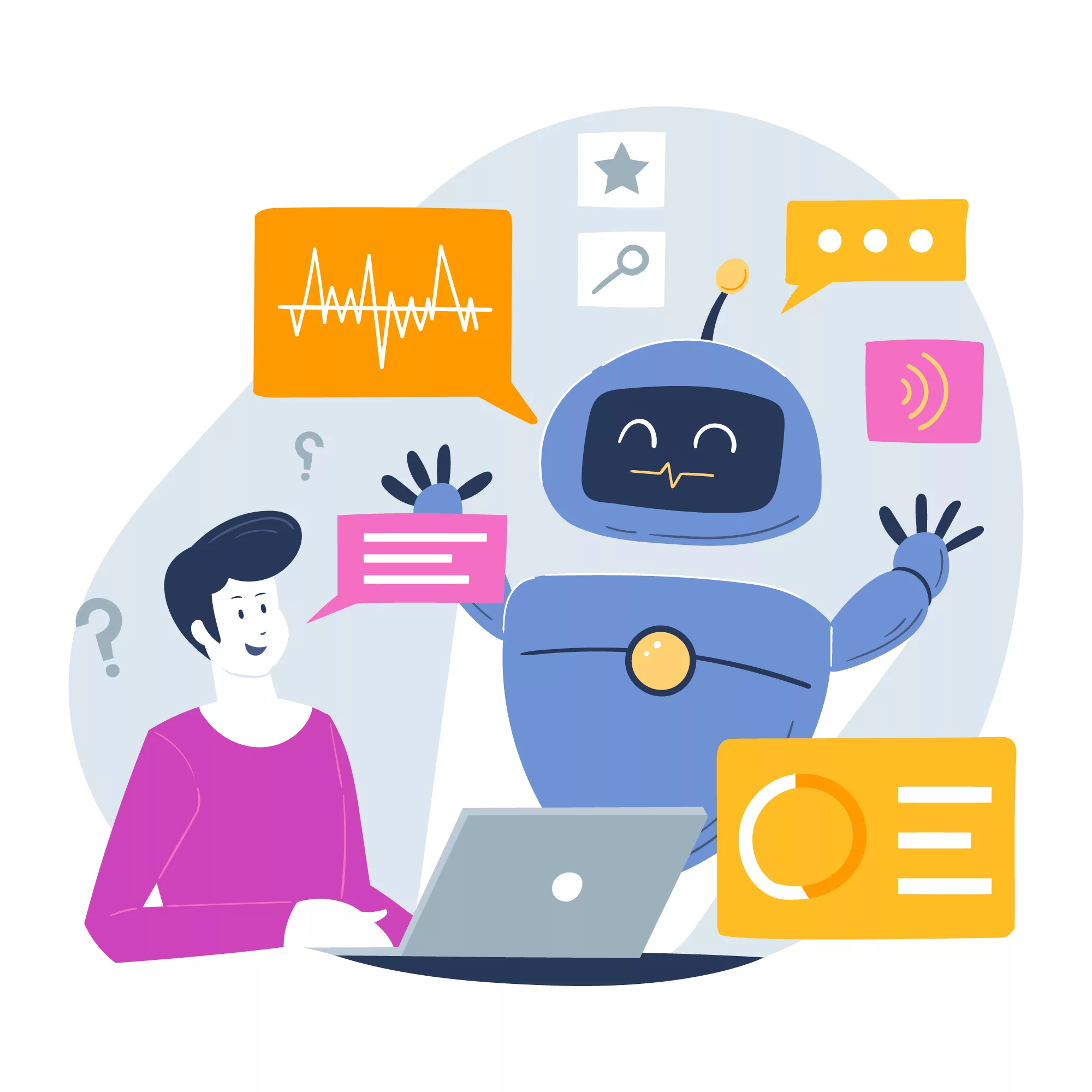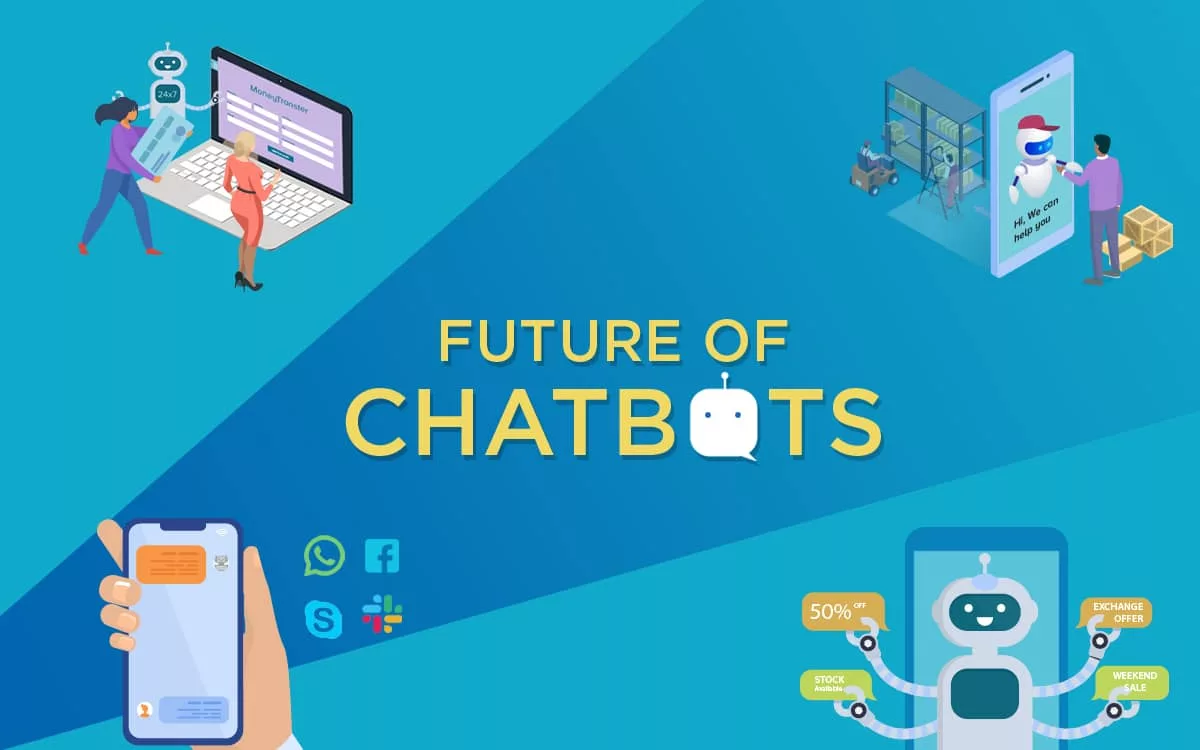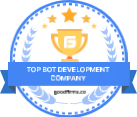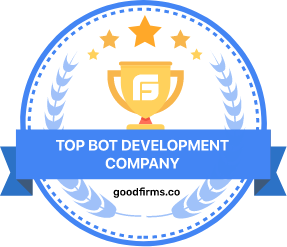AI is making a profound impact across various industries, poised to extend its influence into every aspect of our interconnected lives and collective future. In consideration of this pervasive trend, we’ve explored four key domains where AI is catalyzing transformative shifts:
- Healthcare
- Shopping
- Education
- Manufacturing
Continue reading to uncover how AI is orchestrating dynamic changes in these spheres, serving as the catalyst for some of the most thrilling and revolutionary advancements.
Everyday Examples of How AI Is Changing Our Future
Artificial intelligence is already transforming major sectors of our lives, like healthcare, shopping, education, and manufacturing. The rise of AI lays the foundation for longer, healthier lifespans.
How Artificial Intelligence is Improving Healthcare
AI is revolutionizing every facet of healthcare, from robotic surgeons to genetic testing and research. For instance:
- AI radiology tools can analyze thousands of scans to detect tumors earlier and more accurately than humans. This enables earlier intervention, which is critical for survival.
- Smart wearables monitor biometrics 24/7 to provide insights for enhancing wellness. They can also diagnose emerging issues sooner.
- Chatbots serve as virtual nurse assistants to answer common patient questions, freeing up doctors’ time.
- AI is accelerating pharmaceutical research. In 2019, AI helped discover a new antibiotic in just 3 days rather than years.
As AI makes healthcare more predictive, preventative, and personalized, our lifespans stand to benefit.
How Ai is Transforming Your Shopping Experience
AI is making shopping more seamless through:
- Predictive recommendations based on past purchases and interests
- Chatbots that understand natural language for product research
- Virtual try-on tools for testing makeup digitally
- Supply chain optimization to ensure reliable product availability
Soon, your smart fridge may even reorder groceries automatically when supplies get low! AI is making everyday experiences more convenient. This allows us to focus our energy on healthier lifestyle choices.
How AI is Changing Education
AI education tools are enhancing how students learn and teachers teach.
- Intelligent tutoring systems adapt to each student’s strengths and weaknesses to optimize learning. This helps students better understand complex topics.
- AI virtual laboratory simulations make science experiments safer and more engaging.
- AI programs assess student writing and provide personalized feedback for improvement.
Smarter education, enabled by AI, nurtures our minds and careers. This unlocks opportunities to pursue more fulfilling lives.
How Artificial Intelligence is Revolutionising Manufacturing
AI is making manufacturing more efficient, innovative, and sustainable.
- Smart robots work tirelessly on assembly lines, reducing errors and waste.
- AI analyzes factory sensor data to predict equipment maintenance needs before breakdowns occur.
- Generative design AI comes up with novel product designs and material efficiencies. In aviation, it reduced part weights by 55-75%
More resilient and sustainable manufacturing powered by AI leads to technological progress. This paves the way for better assistive devices, medicines, implants, and treatments to improve our lives.
Key Ways Science Is Increasing Longevity
Beyond AI, incredible scientific advances are helping us live longer, healthier lives.
Genetic Testing for Disease Prevention
Genetic screening provides deep insights into your disease vulnerabilities based on DNA. Doctors can then tailor prevention and monitoring strategies to mitigate your unique risks. Those with high Alzheimer’s risk can partake in mind exercises and medications to dramatically slow the onset.
Gene Editing to Erase Disease
Powerful tools like CRISPR allow precise editing of DNA to remove deleterious mutations. Gene editing has already yielded promising results for sickle cell anemia, blindness, and muscular dystrophy. The possibilities to prevent inherited conditions are boundless as technology improves.
Stem Cell Therapies to Regenerate the Body
Stem cells can transform into specialized cell types to regenerate damaged tissue. They are already used to treat cancer, spinal injuries, heart issues, and vision loss. Future applications could enable grown organ transplants to cure kidney and liver failure.
Implanted Medical Devices for Real-Time Monitoring
Implants like pacemakers and insulin pumps allow doctors to track biometrics and deliver therapies in real time. More advanced neural implants even enable thought-controlled prosthetics. In the future, implants may be able to directly stimulate our organs and neurological systems to cure disease.
Robot Surgeons That Exceed Human Precision
Surgical robots allow for minimally invasive procedures with micro-movement precision exceeding human abilities. This results in fewer complications, less scarring, a quicker recovery, and better outcomes. Robot surgeons are making complex operations safer and more effective.
Senolytics to Clear Out Toxic Cells
Exciting anti-aging research shows that removing worn-out “zombie” cells can rejuvenate tissues and extend lifespan in animals. Human trials aim to translate these benefits, providing hope for alleviating many age-related disorders.
Conclusion
The pace of advancement in AI and science is accelerating rapidly. Exciting innovations like AI, gene editing, robotics, and anti-aging drugs are transforming healthcare and our everyday lives. As these technologies continue to improve, we are unlocking more ways to detect, prevent, and treat disease earlier and more effectively. This lays the foundation for longer, healthier lifespans in the decades to come. In the realm of AI, companies such as eBotify are contributing significantly to the development of advanced chatbot solutions, further enhancing the potential applications of artificial intelligence. There are still challenges to overcome, but the future looks bright.


